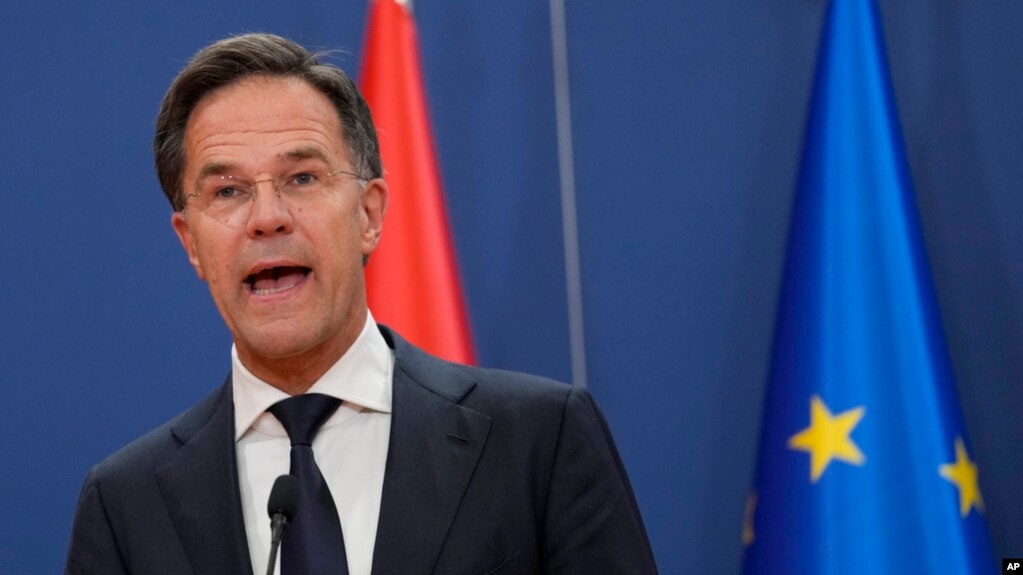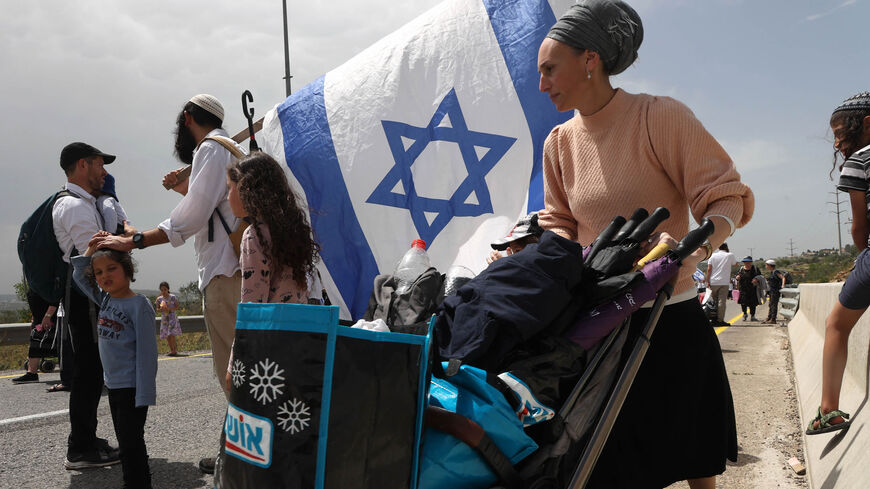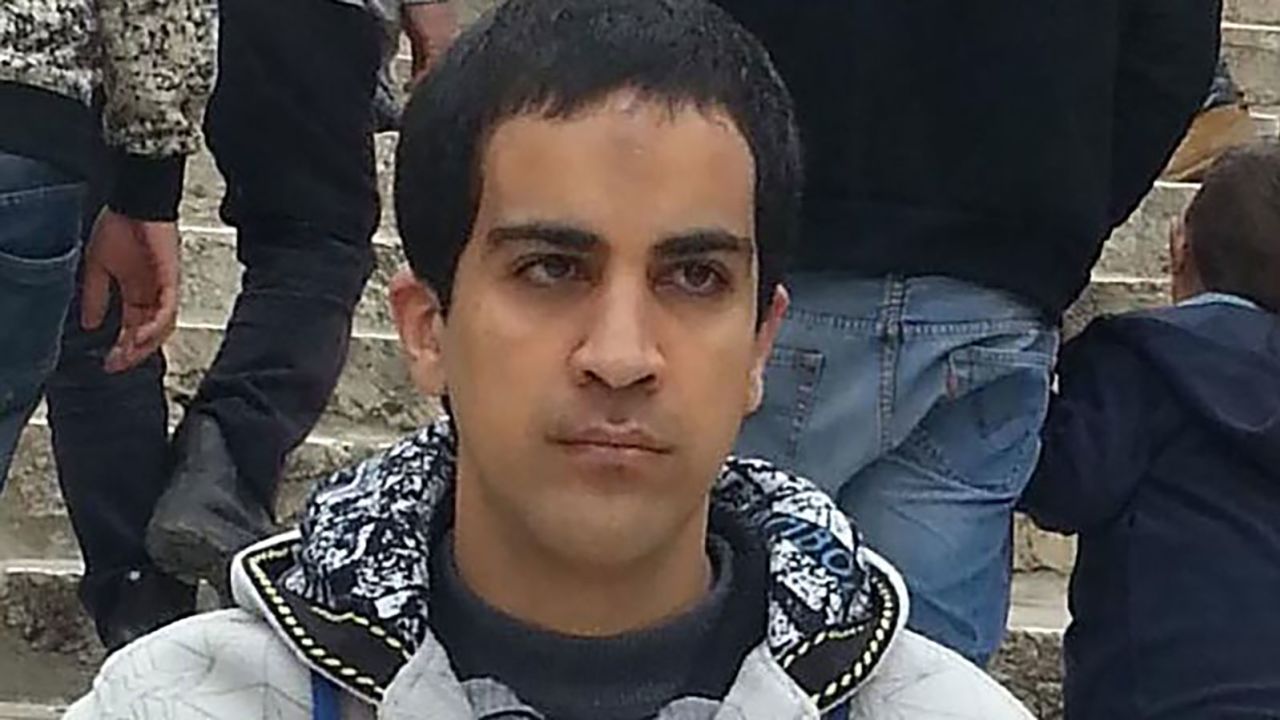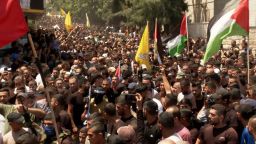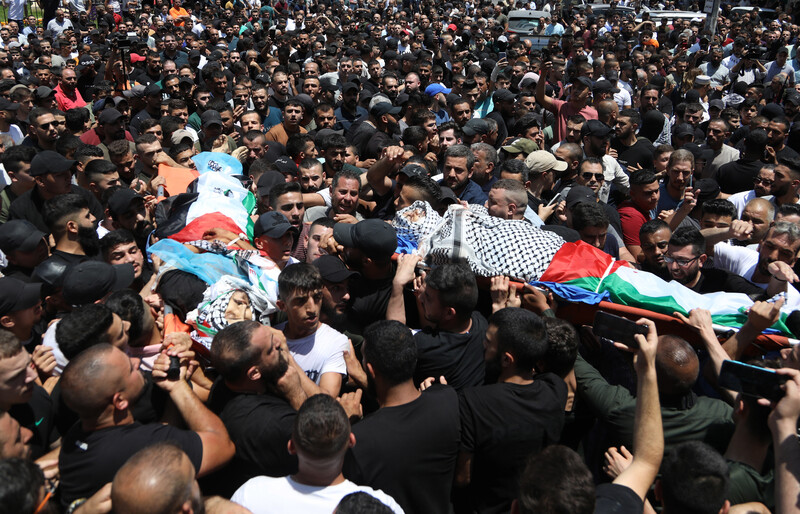The activists are calling for Intel to fire the executive, who they say is putting their lives in danger.
By Greg Owen

Photo: Shutterstock
African activists from more than a dozen human rights organizations are fighting back against one of the primary sources of new anti-LGBTQ+ legislation sweeping the continent.
The groups from countries including Uganda, where President Yoweri Museveni signed the East African nation’s notorious “Kill the Gays” law in May, are calling on multinational computer chip corporation Intel to bring a high-ranking executive to account for his participation in formulating and promoting anti-LGBTQ+ policies in Africa through the Arizona-based group Family Watch International.
RELATED STORIES
Ugandans flee as Kill the Gays gains momentum across Africa
Arizona-based Family Watch International is a key player stoking anti-LGBTQ+ hate across the continent.
In a change.org petition, the human rights organizations accuse Greg Slater, Intel’s vice-president of global regulatory affairs, of being “actively responsible for exporting, financing, and spreading hate, homophobia” across the continent through the group, which he co-founded with his wife, Sharon Slater.
The petition asks for Intel to terminate Slater’s employment.
“Family Watch International has sponsored trips for politicians and diplomats from Kenya, Uganda, and other African countries,” Jedidah Maina of the Trust for Indigenous Culture and Health told The Guardian. They “train them on their extremist agenda against homosexuality, sexuality education, and reproductive rights.”
“Many of these politicians go on to sponsor or support legislation that seeks to persecute innocent Africans,” said Maina.
According to the Southern Poverty Law Center, Family Watch International is committed to spreading anti-LGBTQ+ and anti-abortion ideology around the world. The group was instrumental in crafting the original “Kill the Gays” bill in Uganda in 2009.
After the Uganda Supreme Court overturned that law on a technicality in 2013, Family Watch returned to help write revised legislation that would withstand judicial scrutiny, with willing partners publicly denouncing liberal Western influences, despite accepting close to a billion dollars annually in development aid from the U.S alone.
Last spring, following the passage of the Anti-Homosexuality Act through Uganda’s unicameral Parliament, Family Watch sponsored a conference in the country that drew lawmakers from more than a dozen African nations, all committed to passing or introducing copycat legislation to combat “the sin of homosexuality.”
“I recently had the honor of meeting with Ms. Sharon Slater, President of Family Watch International, & her team,” Uganda’s First Lady Janet Museveni tweeted after the conference. “They attended the first African Regional Inter-Parliamentary Conference in Uganda, focusing on global challenges that threaten African families & values.”
According to Museveni, she and Sharon Slater discussed “concern about the imposition of harmful practices like homosexuality.”
As well as projecting their agenda overseas, Family Watch sponsors annual training sessions in Arizona, where the Slaters host receptions for visiting dignitaries between coaching exercises on how to undermine LGBTQ+ rights at home.
Following the Uganda conference in March, attendee Peter Kaluma, a member of parliament in Kenya, introduced a Kill the Gays copycat bill in the former British colony that would criminalize homosexuality in the country, ban Kenyans from identifying as LGBTQ+, and grant citizens the power to arrest anyone they suspect of being gay.
“Same-sex sexual acts and unions are sterile by nature,” said Kaluma, introducing the legislation. “If tolerated or supported and propagated, it would lead to the extinction of the human race.”
“These people are perverts and I promise I will legislate to take every right they think they have,” the MP told The New York Times.
“There is nothing organic about the wave of anti-homosexuality bills we are seeing,” said Muthoni Ngugi, the head of the East Africa Legal Service Network, one of the organizations supporting the petition.
Intel, based in Silicon Valley, maintains a pro-LGBTQ+ profile, but has so far refused to publicly rebuke one of its highest-ranking executives for his blatantly homophobic sideline.
A spokesperson for the company said: “Intel is deeply committed to diversity and inclusion. We also understand that our employees have diverse opinions and viewpoints. We respect the rights of our employees to disagree with Intel’s policies or undertake outside activities as long as they treat their fellow employees with respect and act in accordance with Intel’s code of conduct.”
On its website, Family Watch International denied involvement in the Uganda bill: “Despite media reports to the contrary, Family Watch has never advocated for or lobbied in favor of Uganda’s anti-homosexual bill, nor were we ever involved in promoting Uganda’s previous anti-homosexual bill – in fact, we opposed them both. Family Watch has never supported any efforts in Africa to promote anti-homosexual bills.
LGBTQ Nation reached out to Intel for comment on this story and will update if they respond.

:quality(70):focal(1686x1480:1696x1490)/cloudfront-eu-central-1.images.arcpublishing.com/thenational/UOIQ6IBRKRVOYDSEAQPBVGNMDQ.jpg)
:quality(70)/cloudfront-eu-central-1.images.arcpublishing.com/thenational/FD4FYONTRTAYBD5SSB4LZ2GA7U.jpg)
